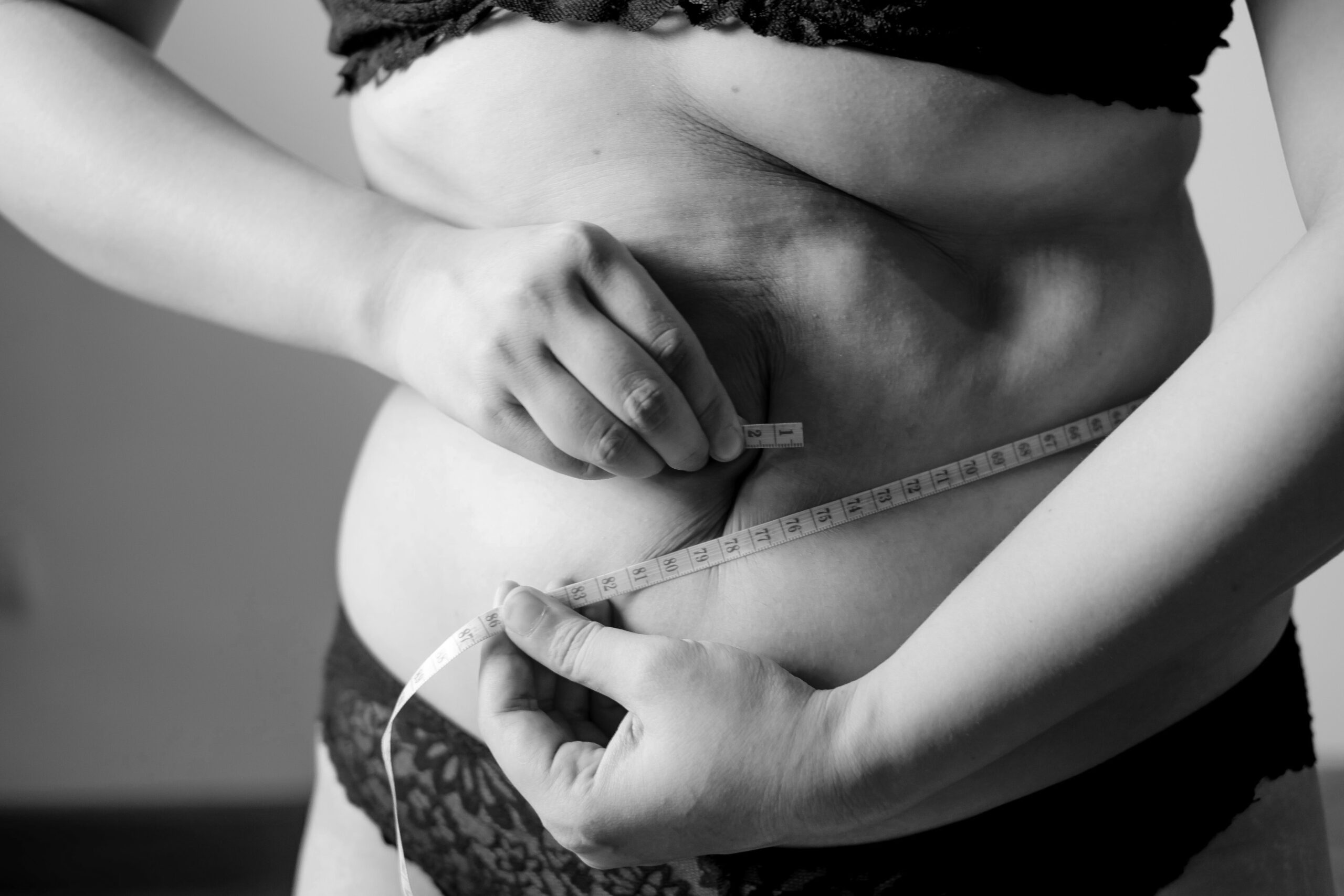
How do you know when menopause is over?
In this article
What's the lowdown?
Perimenopause is the period of time before the menopause where your hormones are changing.
Unfortunately there is no simple answer to ‘how long does menopause last?’ as everyone is different!
‘Menopause’ technically happens once you have not had a period for 12 months.
The age at which perimenopause starts and when you reach menopause itself varies hugely between different women.
There are treatment options you can use to help the symptoms of perimenopause and the changes that occur after menopause is over.
How long does menopause typically last?
Before you officially hit menopause your body will go through a period of time that is called perimenopause. This is the period of time leading up to your last period. During this time, the two main female hormones produced in your ovaries (oestrogen and progesterone) decline.
As a result of these natural hormonal changes, up to 90% of women going through perimenopause experience some perimenopausal symptoms. Some women find that these symptoms start gradually, whilst others report that they come on quite suddenly. Some of the most common are1,2;
- irregular periods
- hot flashes (or hot flushes!)
- changes in your sleep pattern
- Vaginal dryness
- Mood changes
Symptoms can come and go through the perimenopause and can also vary in severity. We have a helpful perimenopause symptom tracker to see where you are..
There is not a fixed, specific age when perimenopause symptoms start. It will be different for everyone. For the majority of women, perimenopause starts in their 40s or 50s1. The average age for women to have menopause in the UK is 511.
Current information suggests that the average time perimenopause lasts (that you will have symptoms for) is seven years3, but of course, not everyone is average! For some unlucky women, symptoms could go on for 15 years, and continue into the post menopausal period. 1% of women experience primary ovarian insufficiency (POI), which is when you start to experience perimenopause under the age of 40 years4.
How do you know when menopause is over?
So, if you are lucky and have got through perimenopause without too many symptoms, how do you know when to stop looking out for changes and when can you say that menopause is officially ‘done’?
It is hard to know whether perimenopause is ending based on symptoms alone, because the symptoms can vary so much. Therefore, one of the best indicators that perimenopause is ending can be your periods.
Technically speaking, menopause is one specific day, which is exactly 12 months after you had your last period. Once this day has occurred, you are officially in the postmenopausal period of your life, and you will no longer have periods. This means that a lot of women live at least a third of their lives being postmenopausal. Hopefully, many of the symptoms you might have experienced in perimenopause will start to improve, although some women continue to have symptoms for years afterwards.
Of course, it can be trickier to know if you are postmenopausal if you are using hormonal contraception such as the pill, coil or contraceptive implant, because they can affect your periods. If you are using the combined pill (which contains both oestrogen and progesterone) then you may continue to have period-like monthly bleeds as long as you are on it. If your chosen method of contraception is making it difficult for you to know where you are at with the menopause, speak to your GP to discuss this further.
How to manage changes after menopause?
Menopause produces so many physical changes in women’s bodies that there is no ‘one-size fits all’ answer to this question. A healthy diet, regular exercise, enough sleep and notsmoking can improve menopausal symptoms and are good for your overall health and wellbeing2.
If you need some help with your perimenopause or menopause symptoms, there are a host of tips and tricks that you can try, supplements you can buy, and multiple different medications that may be useful. There are ways to improve your sleep in perimenopause and talking therapies (such as CBT) can help with any psychological symptoms.
If you are looking for help with a specific physical symptom, such as vaginal dryness, hot flushes, or bloating, our Health Hub is a good place to start.
Hormone replacement therapy (HRT), to replace the oestrogen and progesterone that are naturally lost in perimenopause, can also be used in postmenopausal. If you are considering whether to either start HRT or continue it after you have gone through menopause, speak to your doctor. The risks and benefits of this medication can vary based on other health conditions that you may have5.
If you have not had a period for 12 months and you are in your 40s or 50s, it is possible that you are menopausal, even if you have been lucky enough not to have any of the perimenopause symptoms that many women suffer.
It is very important to speak to your GP if you think you may be perimenopausal under the age of 40, especially if you haven’t had a period for 4 months. This is because untreated premature or early menopause can impact your long-term health, so an accurate diagnosis is key to getting the right support.
Unfortunately, symptoms may extend after menopause, but it’s difficult to predict which symptoms and who will get them. It’s important to know where to access support if your symptoms are persisting and affect your quality of life. And The Lowdown is a great place to start!
Our medical review process
This article has been medically reviewed for factual and up to date information by a Lowdown doctor.






